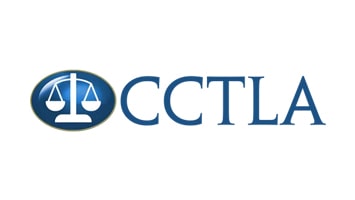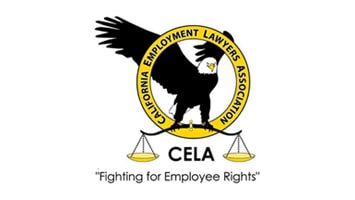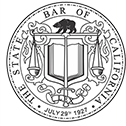Federal law protects whistleblowers who speak up about illegal activity at their jobs. Those who report misconduct by their employers should not have to worry about demotion, termination, or a cut in pay. Employers could face federal consequences if they retaliate against whistleblowers.
Of course, despite those rules, it still takes a lot of courage to speak up when you see something illegal happening at your place of employment. If you know your actions definitely qualify you for protection, you may be more confident about asserting yourself. There are three different activities that could potentially qualify you for the protections that federal law provides to whistleblowers.
You refuse to do something illegal
Companies sometimes adopt practices that violate state or federal laws. You may recognize how inappropriate a practice is when you first start your training for a new position. On the other hand, it could be some time before you understand the illegality of certain job responsibilities.
Whenever you realize that a job task breaks the law, you have the right to decline to do that work. You can tell your employer why, and they should not punish you for refusing to break the law on the job. If you become a whistleblower by refusing illegal work responsibilities, you can help protect yourself from retaliation by documenting what you said and what tasks you’ve refused to perform.
You report misconduct to your employer
What if the manager of your department frequently does something that you know of violates finance law or employment law? When you know that someone at the business has done something illegal as part of their job, you can become a whistleblower by reporting that misconduct to management or human resources.
As with a refusal to do certain job functions, you can protect yourself when internally reporting misconduct by keeping your own records of what happened and when you made the report.
You make a report to an outside agency
Sometimes, when you believe that your employer will not address the misconduct because it is so widespread or profitable, you may feel like the only option is to report the issue to a federal regulatory agency. You might also file a qui tam claim on behalf of the government. When you involve outside authorities and illegal workplace actions, you have the protection of federal whistleblower laws in that situation as well.
Realizing when you qualify for whistleblower protections can help you stand up for what is right without endangering your career.





